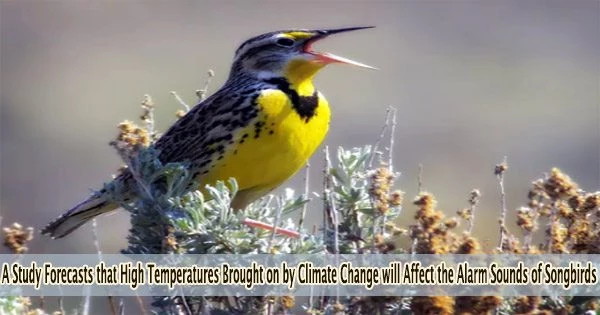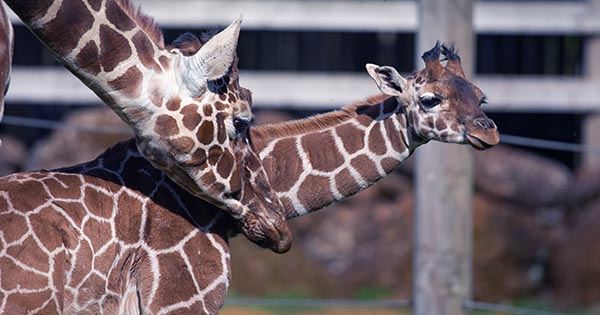According to a global study, rising temperatures would affect the great tits (Parus major), a common songbird, and its capacity to warn off predators, thereby having an adverse effect on the future of the species.
The research was published in Behavioral Ecology and Sociobiology.
Study co-author, Associate Professor Mandy Ridley from The University of Western Australia’s School of Biological Sciences, said great tits were highly sensitive to temperature change because they were small, had high metabolic rates and were active in daylight hours.
“We know that climate change is causing heat waves to increase in number and intensity and wanted to understand how the potential impacts on songbird behaviors and the subsequent implications for their survival,” Ridley said.
Research Associate and co-author Mylène Dutour from UWA’s School of Biological Sciences said great tits had two kinds of alarm calls, with both crucial strategies of communication for alerting other birds to threats from potential predators.
“The ‘flee alarm call’ is used while a great tit is escaping the threat, to alert other birds to freeze or fly away,” Dutour said.
“The ‘mobbing call’ is a complex call produced when the great tits recruit others to put on a coordinated display of sound and movement to let the predator know that it’s been seen.”
Researchers measured the response to great tit’s mobbing calls in forests near Lyon, France, during a three-month period as part of the study, which also included scientists from France and Germany. They discovered a connection between the songbirds’ behaviour and high temperatures.
“As temperatures increased, great tits exhibited a more passive response with their mobbing calls decreasing in volume and intensity,” Ridley said.
“The implications of the findings suggest that climate-induced changes in behavior could compromise the songbirds’ ability to effectively respond to threats and predators.”
“Given that great tits’ survival is intertwined with their ability to communicate and respond to danger, understanding the cascading effects of temperature-induced behavioral shifts is critical.”
In order for scientists to better understand the context in which animals modify their behavior in response to climatic circumstances, Dutour said the study came to the conclusion that it was urgently necessary to quantify the costs of heat exposure in natural populations.
















